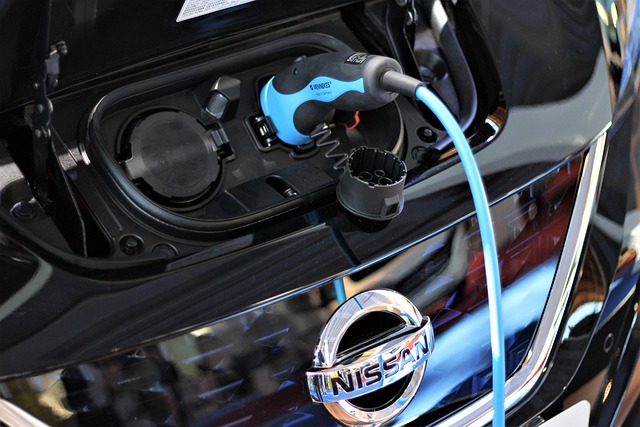As cities continue to grow and evolve, the need for sustainable urban mobility solutions has never been more pressing. E-buses, or electric buses, are emerging as a pivotal element in the quest for carbon-neutral cities. These innovative vehicles not only promise to revolutionize public transport but also significantly reduce our ecological footprint while promoting green technologies.
The rise of e-buses reflects a broader movement towards sustainable development. By transitioning from diesel-powered buses to electric models, cities can markedly lower greenhouse gas emissions. According to studies, e-buses can reduce CO2 emissions by up to 70%, offering a cleaner alternative that aligns with global efforts to combat climate change. This dramatic reduction in emissions is essential, especially considering that the transport sector is one of the largest contributors to urban air pollution.
Moreover, e-buses are designed with the future in mind. Their integration into public transport systems not only addresses environmental concerns but also enhances the overall commuting experience. Equipped with state-of-the-art technology, e-buses offer quiet rides, smooth acceleration, and dependability that improve the quality of life for everyone in urban areas. Riders are not just passengers; they become part of a larger movement towards sustainability.
Green technologies are integral to this transformation. Innovations in battery life and charging infrastructure are making e-buses more viable than ever. Cities are investing in charging stations that provide quick turnaround times, ensuring that electrification does not hinder service frequency. As manufacturers continue to improve battery technology, the range of e-buses expands, and their adaptability to various urban environments is becoming a reality.
Transitioning to e-buses also paves the way for integrated transport solutions. With smart city initiatives gaining momentum, e-buses can connect seamlessly with other forms of transportation, like bikes and shared mobility services. This holistic approach to urban mobility reduces reliance on personal vehicles, decreasing traffic congestion and lowering urban carbon footprints even further.
Furthermore, investing in e-buses creates jobs and supports local economies. With immense potential for manufacturing, maintenance, and operation of electric buses, cities can usher in a new era of employment opportunities. This economic boost will foster a community-wide commitment to sustainability while highlighting the importance of green jobs in building a carbon-neutral future.
The rise of e-buses is not just a trend; it is a crucial step towards achieving carbon neutrality in our cities. By reducing emissions, enhancing public transportation, and embracing green technologies, we are not merely changing how we move; we are reshaping our environment for generations to come. As urban inhabitants, we all have a role to play in this transformation, and the excitement surrounding e-buses is a testament to our collective effort for a sustainable future.
As these electric giants glide through our streets, they symbolize hope—a hope for cleaner air, a healthier planet, and sustainable urban living. The advancement of e-buses is not merely about transportation; it’s about a profound shift in our relationship with the environment, showcasing that thoughtful urban planning and innovation can lead to significant positive change.




